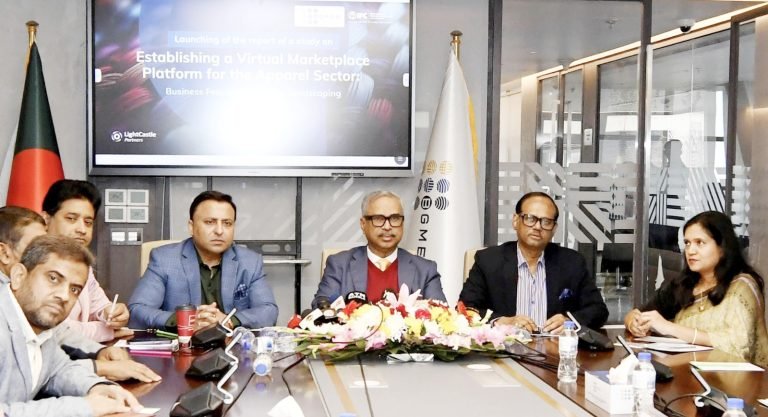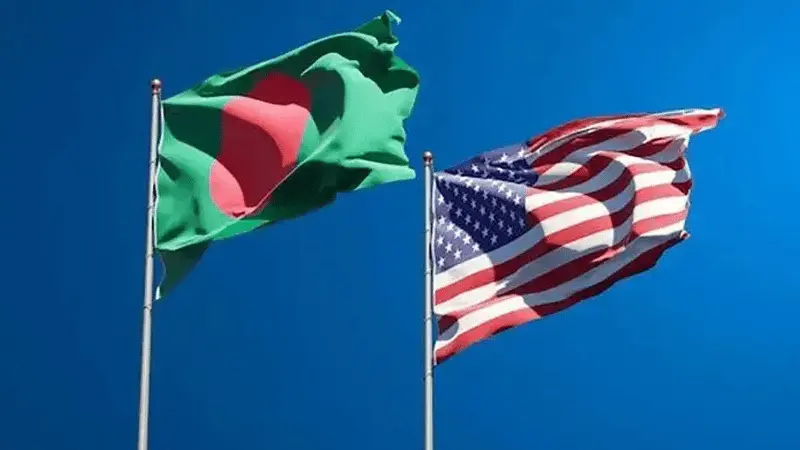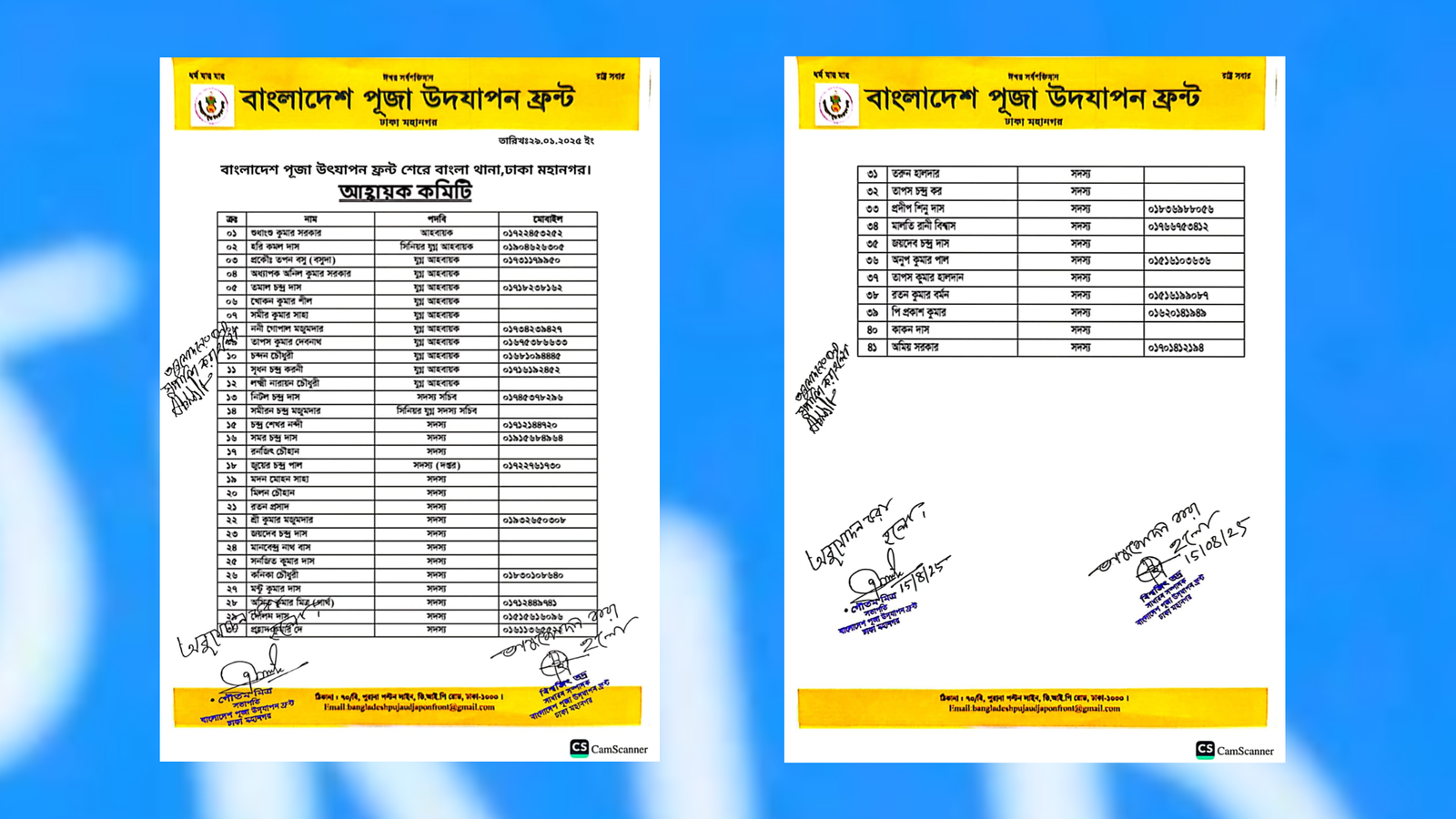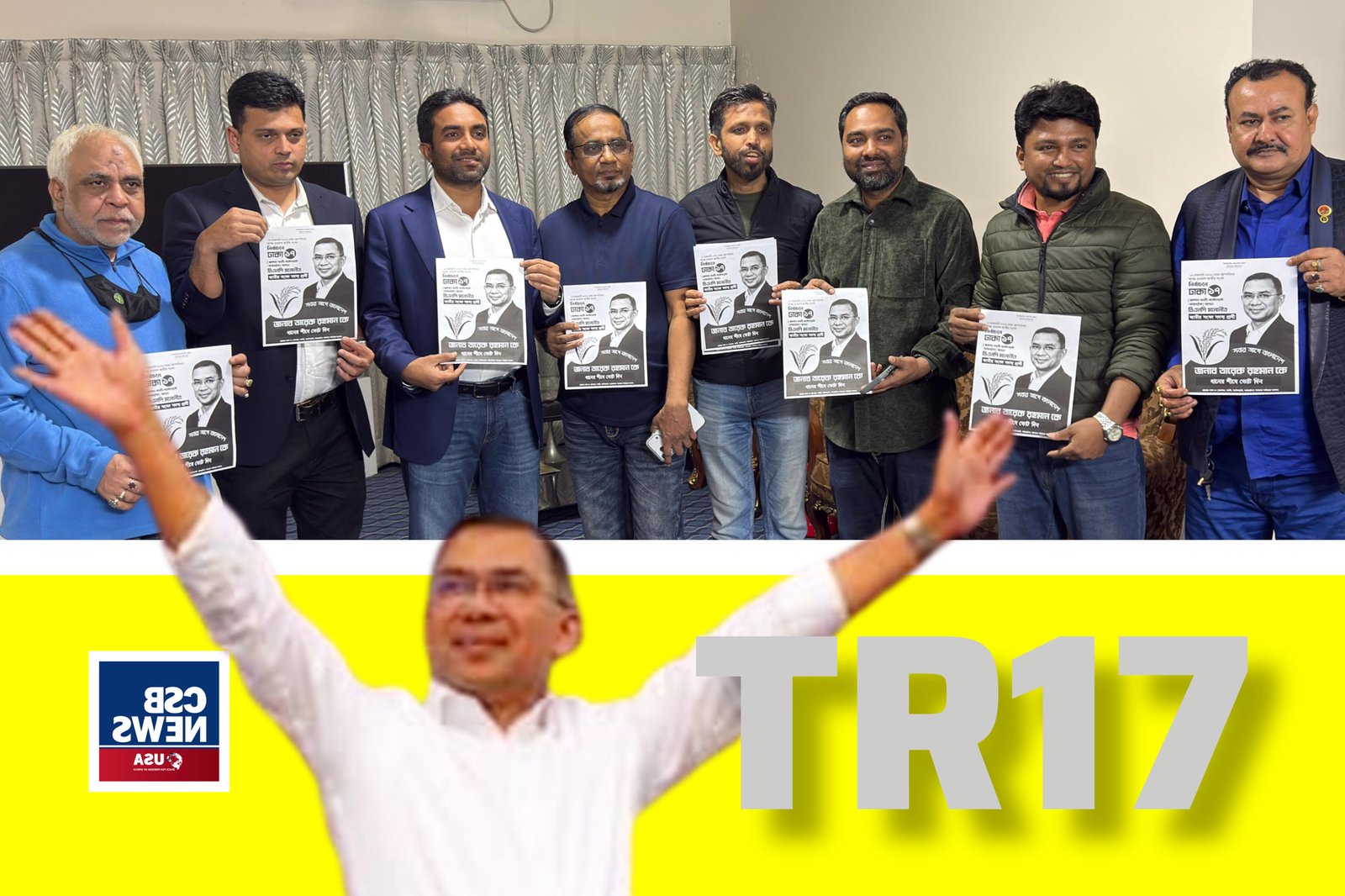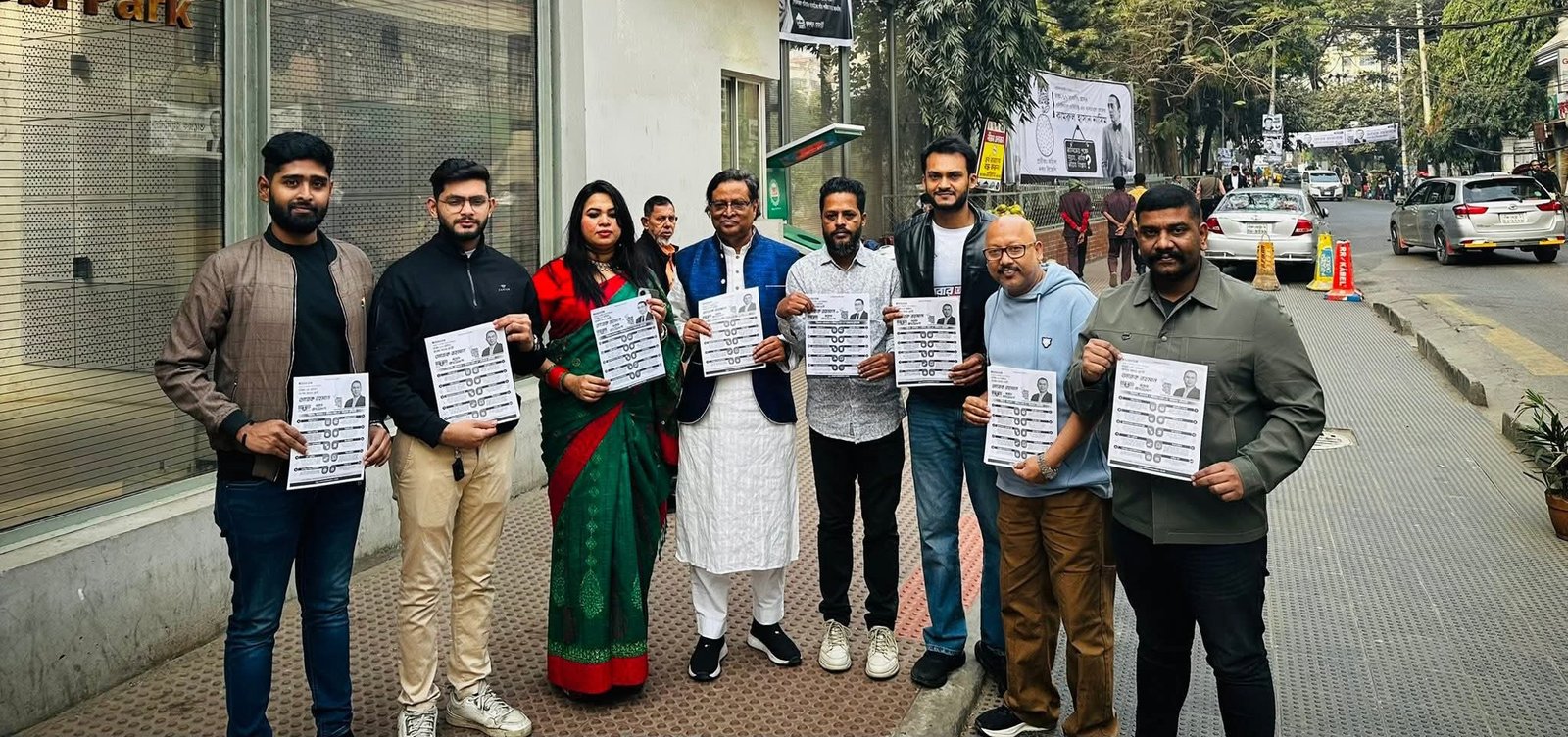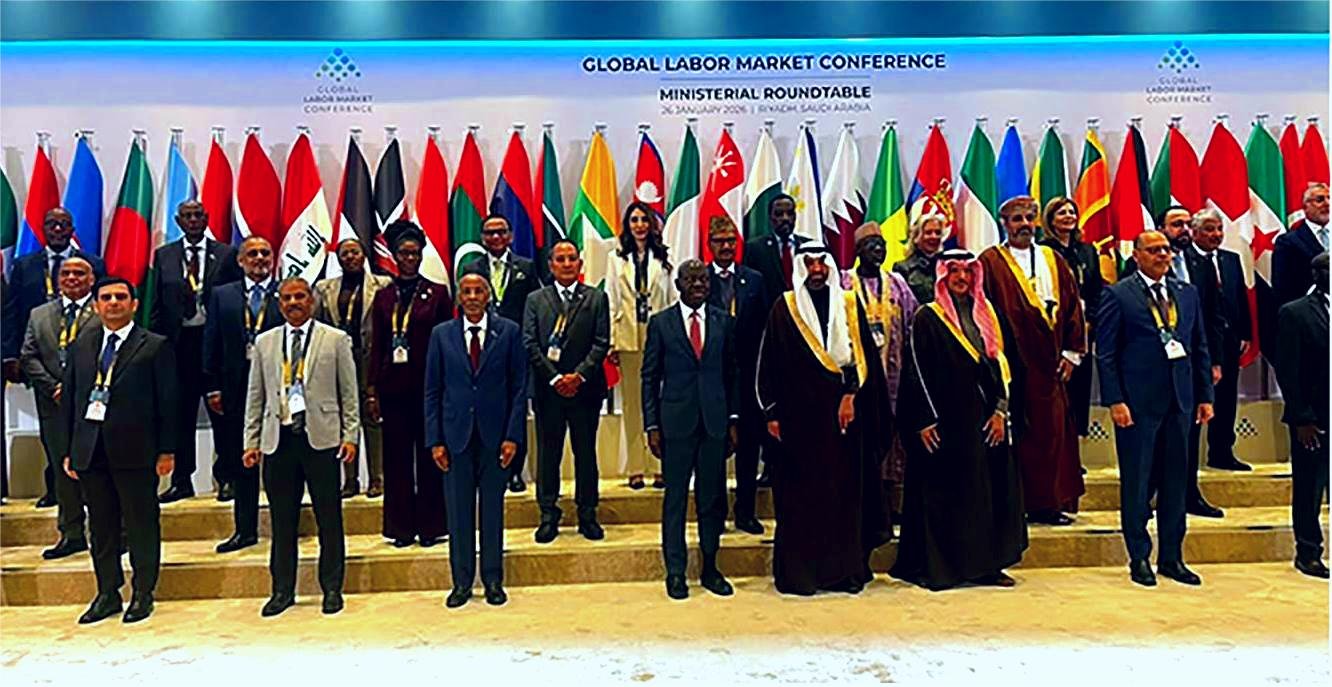To maintain our position in the global competition, we need to create a comprehensive business model: BGMEA President of Bangladesh
Bangladesh’s garment industry has established itself as the world’s second-largest exporter in terms of position. Despite this achievement,
To maintain our position in the global competition, we need to create a comprehensive business model: BGMEA President of Bangladesh
Bangladesh’s garment industry has established itself as the world’s second-largest exporter in terms of position. Despite this achievement, challenges such as global geopolitical tensions, fluctuations in exchange rates, dollar crisis, rising yarn prices, intense competition from low-cost countries, etc., have put the Bangladeshi garment sector face to face with a formidable challenge.
In this context, digital transformation has emerged as a significant marketing platform, but constraints arising from regulatory frameworks, particularly in the areas of internal transaction limits and foreign exchange policies, have created barriers to entry into the booming e-commerce market for the domestic garment industry. In light of all these challenges, the Bangladesh Garment Manufacturers and Exporters Association (BGMEA) has tasked its research arm, LightCasual Partners, with conducting research to evaluate the potential for creating an appropriate virtual platform for Bangladesh’s textile and garment sector.
The findings of the above-mentioned research were formally launched at the BGMEA office on Thursday (January 25). The report highlights the challenges and opportunities facing the garment industry in terms of establishing an online marketplace. It identifies areas where policies are lacking and proposes recommendations for the sustainable implementation of a robust business model, particularly for successful deployment of virtual marketplaces.
The primary objective of the virtual marketplace is to integrate the local textile industry into the global supply chain and shift towards online procurement. The report emphasizes two critical skill-based approaches for the success of the garment sector: (1) Expansion of Business-to-Business (B2B) activities in emerging markets in Asia and the Middle East and (2) Creation of additional value through direct communication (B2C) between Bangladeshi manufacturers and end consumers, which will increase profit margins and expand business volume. The platforms will operate as independent private entities and will incorporate logistics support, design consultancy services, secure financial arrangements, and capability matching.
However, unlike the National Digital Commerce Policy of 2018, there is no clear policy framework for entering the international e-commerce market. Challenges such as the absence of global payment gateways, ensuring working capital arrangements, complex procurement processes for small orders, and impractical return policies hinder the development of a robust digital marketplace. Moreover, the report suggests that the establishment of a central hub as a focal point for stocking may facilitate the functioning of virtual marketplaces by facilitating connections between local manufacturers, traders, and international buyers.
Speaking at the launch event, BGMEA President Faruk Hasan stated, “If we want to maintain our position in the global competition in the coming days, we need to create a comprehensive business model. I believe this report will serve as a guide for us in expanding our business and implementing digital platforms.”
The event was attended by BGMEA Co-Vice Presidents Shahidullah Azim, Director Abdullah Hill Rakib, Director Navidul Haque, and Director Mohammad Imranur Rahman, as well as BGMEA Standing Committee on Press, Publication, and Publicity Chairman Shovan Islam, BGMEA Standing Committee on Trade Fair Chairman Mohammad Kamal Uddin, and BGMEA Standing Committee on UDI-OVEN and NET Chairman Md. Nurul Islam. Also present at the report launch event were Nishat Shahid Chowdhury, Program Manager of IFSC-PACT, and Jahedul Amin, Co-founder and Director of LightCasual Partners.
This research is conducted as part of the IFSC Pact program, organized in collaboration with the Danish International Development Agency (DANIDA) and the Embassy of the Netherlands in Bangladesh.
Alif Hasan, Staff Correspondent


